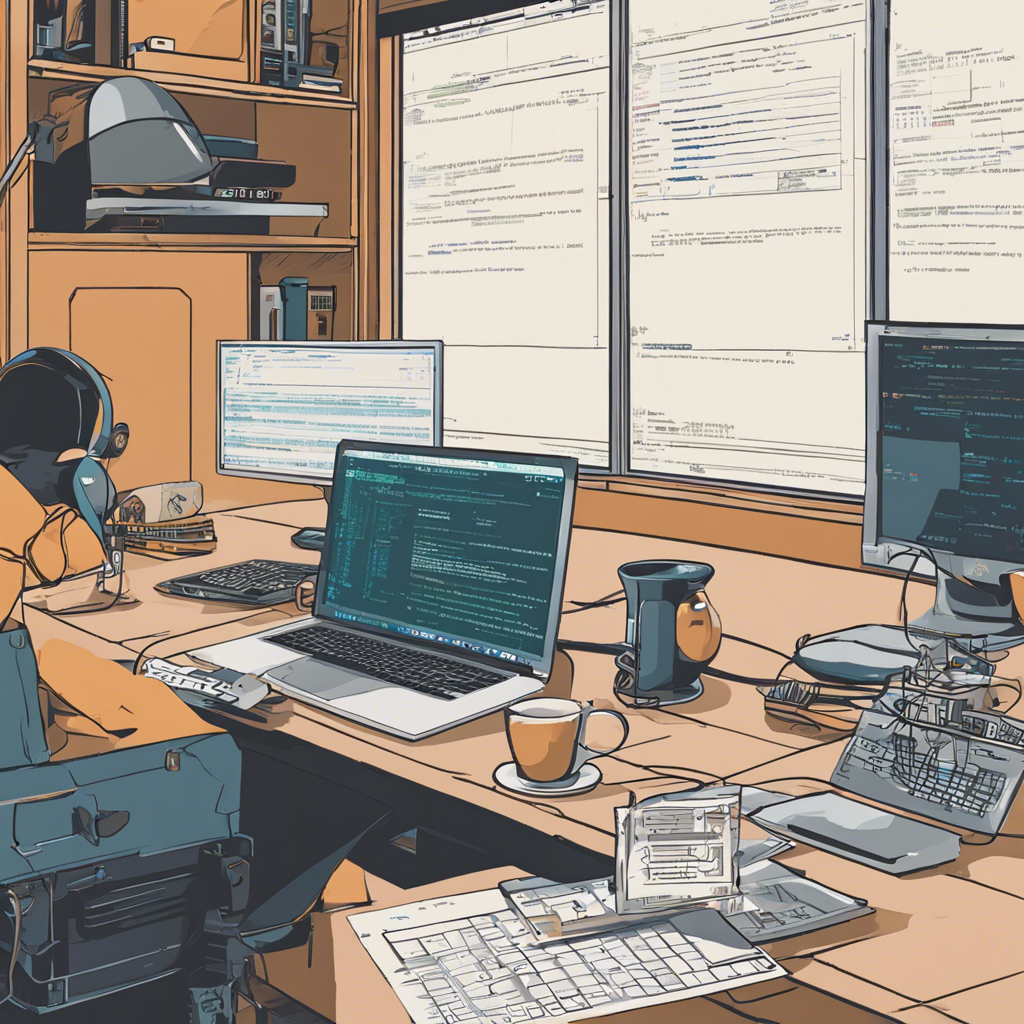Learning to code can be a daunting task, especially for beginners who are just starting to dip their toes into the vast ocean of computer programming. With so many different programming languages and frameworks available, it’s easy to feel overwhelmed and not know where to begin. However, coding is becoming an increasingly valuable skill in today’s digital world, and luckily there are now more resources than ever to help aspiring coders get started on their journey.
So, you want to learn how to code but aren’t sure where to start? The first step is to determine your goals and interests. Why do you want to learn to code? Are you hoping to build a website, develop a mobile app, or analyze data? Knowing your end goal will help you choose the right programming language and learning path. For example, those interested in web development will want to start with HTML, CSS, and JavaScript, while aspiring data scientists might begin with Python and R.
Once you’ve identified your goals, it’s time to dive into the world of coding education. Online courses and tutorials have revolutionized the way people learn to code, making it possible to gain new skills from the comfort of your own home. Websites like Codecademy, freeCodeCamp, and Udemy offer interactive and engaging courses that can take you from beginner to advanced in a structured and comprehensive manner. Many of these platforms also offer projects and challenges to work on, providing a practical and hands-on approach to learning.
Another great way to learn is through video tutorials on YouTube or coding-specific platforms like Pluralsight and Lynda. These visual guides can be extremely helpful for beginners as they offer a step-by-step breakdown of complex concepts. Being able to see the code in action and follow along can make it easier to understand and retain the information. Often, these tutorials are part of a larger series, creating a structured learning path similar to online courses.
In addition to online resources, don’t underestimate the power of books and offline learning. Textbooks, coding cookbooks, and other literature can provide a deep dive into programming concepts and serve as valuable references for future projects. Many classic coding books are widely acclaimed and beloved by the developer community, offering a comprehensive education on programming fundamentals.
While learning the technical skills is crucial, it’s also important to develop soft skills like problem-solving, critical thinking, and creativity. Coding is as much about logic and algorithm design as it is about the actual syntax of a programming language. Practicing these skills will help you become a better coder and prepare you for solving real-world problems.
As you progress in your coding journey, remember that practice is key. The more you code, the better you’ll become. Challenge yourself to build projects that interest you, whether it’s a simple calculator app or a complex machine learning model. Not only will this help you solidify your skills, but it will also give you a portfolio to showcase to potential employers or clients.
Lastly, engage with the coding community. Join online forums, attend meetups and conferences (either in-person or virtual), and participate in coding challenges and competitions. This will not only keep you motivated but also expose you to new ideas, different ways of thinking, and a network of like-minded individuals who can support and inspire you on your coding journey.
I hope this article was helpful. Let me know if you would like me to make any changes or modifications.
